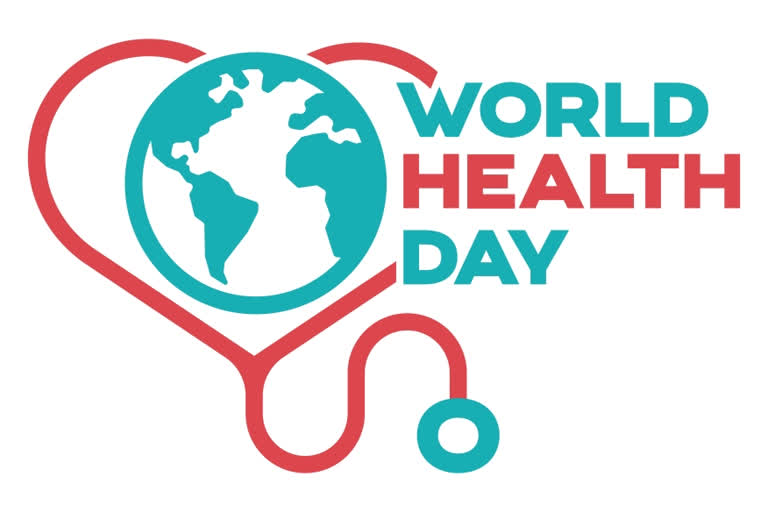WHO states that in the midst of a pandemic, a polluted planet, increasing diseases like cancer, asthma, heart disease, on World Health Day 2022, WHO will focus global attention on urgent actions needed to keep humans and the planet healthy and foster a movement to create societies focused on well-being. This year, the day is being observed with the theme “Our Planet, Our Health”
WHO estimates that more than 13 million deaths around the world each year are due to avoidable environmental causes. This includes the climate crisis which is the single biggest health threat facing humanity. The climate crisis is also a health crisis.
A Little History
In December 1945, Brazil and China proposed the formation of an all-encompassing and independent international health organization. Subsequently, in July 1946, in New York, the proposal was approved and on 7th April 1948, 61 countries came together to sign in the agreement for the formation of this NGO.
The day was first observed on 22nd July in the year 1949, but the date was later on changed to 7th April, the same date when WHO was officially established. Therefore, in 1950, the day was officially observed for the first time. “The objective of World Health Day is to raise global awareness of a specific health theme to highlight a priority area of concern for the World Health Organization (WHO)”, states WHO.
Why is it concerning?
According to the United Nations’ (UN) report:
- For the first time in 20 years, global poverty levels are predicted to rise and hinder the progress towards the Sustainable Development Goals
- Up to 60% of people living in some countries of the Region lack coverage with essential health services
- More than 1 billion people living in informal settlements or slums are facing increased challenges in preventing infection and transmission of the coronavirus
- The Asia-Pacific region as a whole account for nearly 82.5 million or 32% of the world’s international migrants
- 5.9 million children in the Asia-Pacific Region are at risk of not returning back to school due to the disruption to education and the economic impact of the pandemic
- 52% of the Asia-Pacific population remains unconnected to the internet
WHO also states that the present design of the economy leads to inequitable distribution of income, wealth and power, with too many people still living in poverty and instability. A well-being economy has human well-being, equity and ecological sustainability as its goals. These goals are translated into long-term investments, well-being budgets, social protection and legal and fiscal strategies. Breaking these cycles of destruction for the planet and human health requires legislative action, corporate reform and individuals to be supported and incentivized to make healthy choices.
Also Read:



